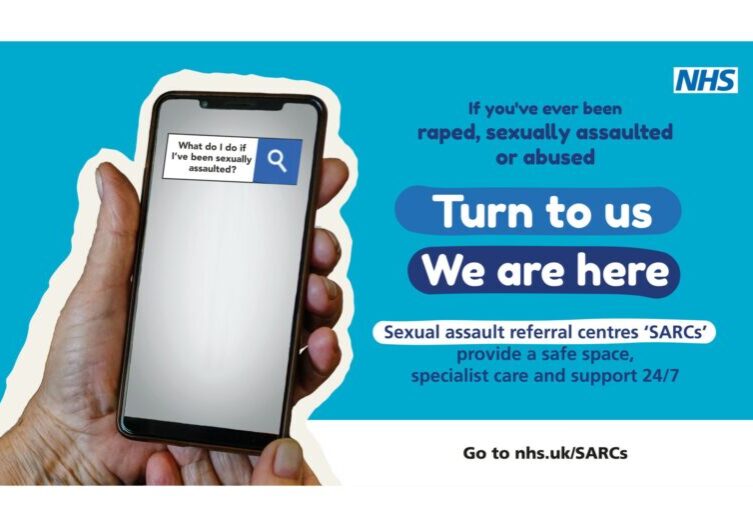
Somatic Therapy: connecting body and mind
Healing from any kind of trauma can be a challenging process. However, there are many techniques that people might find beneficial to explore as part of their healing journey.
Depending on personal preferences, some techniques might be more effective than others. Professional support, such as counselling, can help to process thoughts and feelings around traumatic experiences, as well as exploring patterns of behaviour a person may want to change.
However, the importance of being aware of the body’s response to stress and trauma can be equally important. Connecting the body with the mind can be an effective approach to help with the healing process. Somatic therapy focusses on fostering this connection.
What is somatic therapy?
Somatic therapy is a body-centered approach that combines counselling and psychotherapy, which traditionally help to process traumatic memories through different talking therapy techniques and physical therapy to connect the mind and body.
Somatic therapy differentiates itself from conventional talking therapies by emphasising the mind-body connection through focusing on bodily symptoms as well. These symptoms, such as tension, stress from trauma, and chronic fatigue, can trigger and/or intensify unhelpful emotions like anxiety. Somatic therapy works to address these physical symptoms as well as the accompanying emotional challenges.
How can it help?
Many people find that somatic therapy can help with reducing a range of conditions and symptoms, including:
- anxiety
- depression
- headaches
- grief
- stress
Different types of somatic therapy
Somatic therapy can use body movements to influence emotional states and help with managing difficult emotions. The specific exercises and techniques can vary across different somatic therapies. While some people might find certain exercises particularly helpful, somatic therapy may not be right for everyone. If somatic therapy is not the right thing for you, there are other therapies available, such as group therapy and cognitive behavioural therapy (CBT), that can also work to enhance well-being and support the healing process.
Finding a somatic therapist
If you’re interested in exploring somatic therapy further as part of your healing journey, consulting with a professional is crucial. It’s also important to note that somatic therapy has no official accreditation. Therefore, finding a therapist with relevant training and professional experience in this field is essential. Different therapists have varying approaches, so choosing one who you feel comfortable discussing personal issues with and who works in a way that feels right for you is important.
It’s good to remember that there is no right way for someone to heal from sexual violence. Whatever works for you, we are here to listen, believe and support you in your choices.
SARSAS is an organisational member of the British Association for Counselling & Psychotherapy (BACP) and all of our Counsellors adhere to the standards set out in the Ethical Framework for the Counselling Professions.
You can search the BACP Therapist Directory here: bacp.co.uk/search/Therapists
This article was written by our volunteer Communications Officer, Yang Du. Yang graduated from the University of Bristol with a master’s degree in Sociology in 2022.
You can read Yang’s first blog about Neuroplasticity here.
The latest from our news and blogs

What is a sexual assault referral centre (SARC)?
A SARC can offer free, confidential medical, practical and emotional support to people who have been raped, sexually abused or assaulted at any point in their lives. They’re usually provided by the NHS, but will always have specially trained doctors, nurses and support workers.




